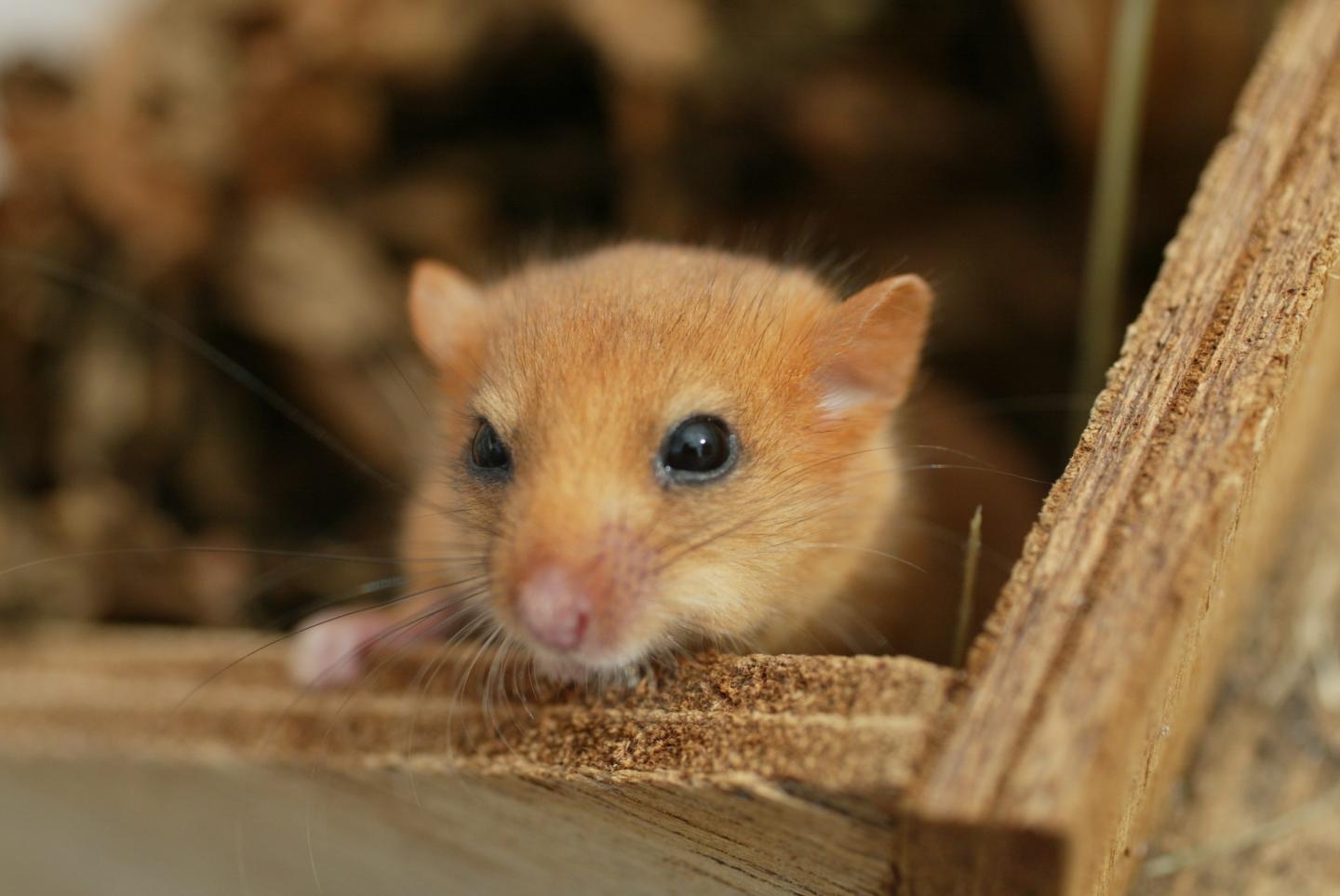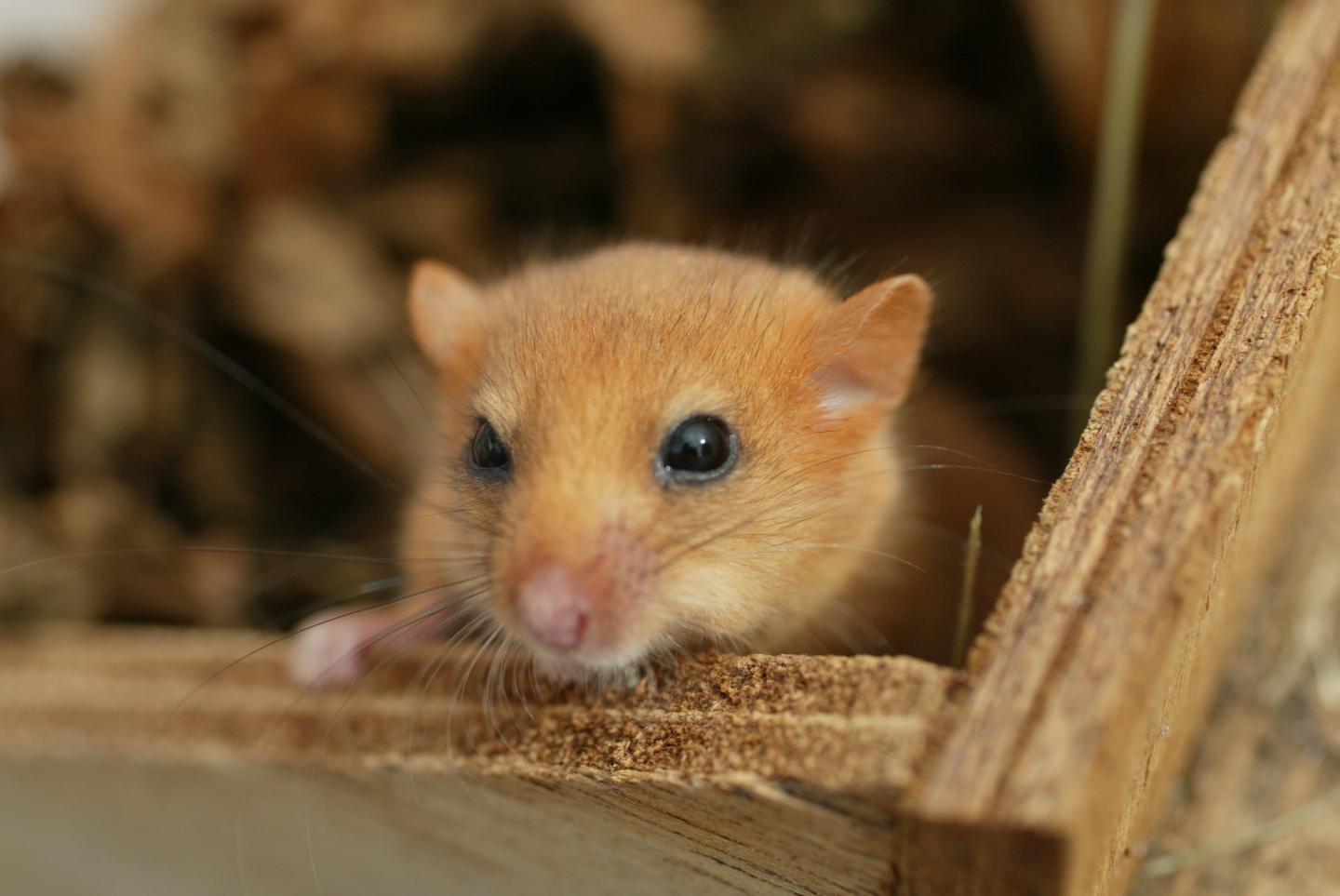
Credit: Thames Water
A small rodent called the hazel dormouse (Muscardinus avellanarius) is a European Protected Species and is monitored by volunteers at sites in England and Wales for the National Dormouse Monitoring Programme. A recent analysis of data from 400 UK sites between 1993 and 2014 found a 72% decline in dormice over this period, which amounts to an annual rate of decline of 5.8%.
The decline is ongoing and could mean that dormice are endangered in the UK, though the species is a top priority for conservation. "Dormice are declining despite strict protection and widespread efforts to conserve one of Britain's most endearing woodland mammals," said Cecily Goodwin, lead author of the Mammal Review study.
Dormice live in woodlands, scrub and hedgerows, and eat flowers, nuts and insects. Dormice are nocturnal and often sleep for much of the day, enabling dormouse monitors to make careful counts.
"Dormice face a range of problems: climate change and habitat loss are likely to be important, but we think that appropriate woodland management could make a big difference," said senior author Prof. Robbie McDonald.
###
Media Contact
Penny Smith
[email protected]
http://newsroom.wiley.com/
Related Journal Article
http://dx.doi.org/10.1111/mam.12091
############
Story Source: Materials provided by Scienmag





